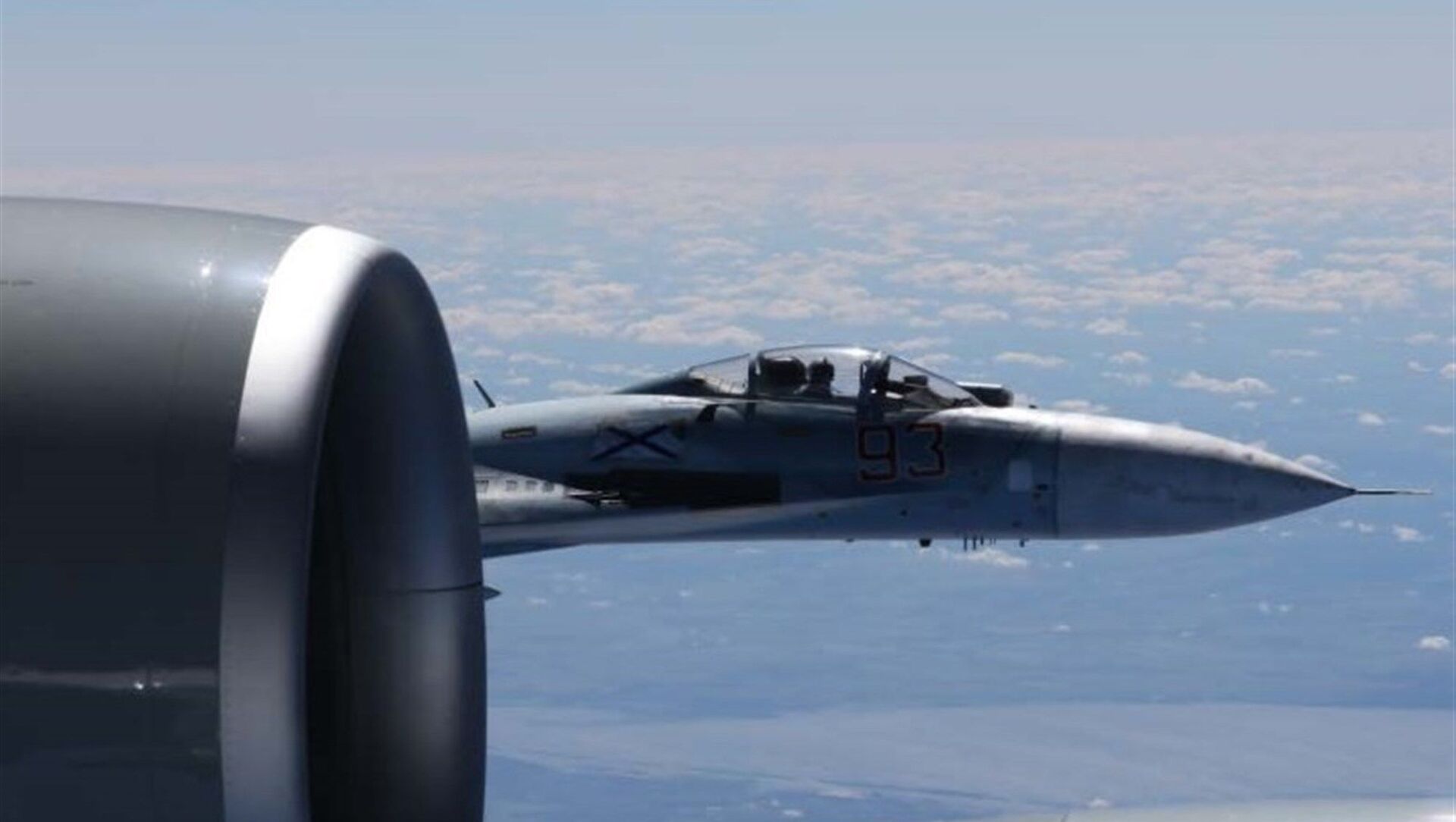"I will say though that... the Open Skies Treaty does have a very limited intelligence value for the United States," Cooper, whose purview includes Russia, Ukraine and Eurasia, said during a congressional hearing. "At this point we are in consultations with allies."
The US began the withdrawal procedure last July citing alleged violations by Russia and in November it stopped being a member of the treaty that allows mutual reconnaissance flightovers for the purposes of increased military transparency.
"We know that Russia values flying over the US homeland as part of the treaty. And I certainly can’t speak to whether Russia would actually come back into compliance which is really the core issue here. Russia has given us no indication that it would be willing to come back into compliance," Cooper said.
Russia denies violating the treaty and accuses the US of non-compliance. On January 15, Moscow launched the withdrawal procedure, too, which normally takes six months. It promised to reverse the decision if European signatories agree not to share intelligence collected during flights with the US, and, second, to allow Russian flights over American military infrastructure located in Europe.


